It is anticipated that the draft of the Bangladesh-Japan Economic Partnership Agreement (EPA), which covers 17 industries including trade in products, customs processes, trade facilitation, investment, and internet commerce, will help Bangladesh integrate into the global value chain.
At a press conference held at the Secretariat on Wednesday, December 27, Senior Secretary Tapan Kanti Ghosh of the Commerce Ministry unveiled the draft and stated, "Bangladesh will be easily included in the global value chain as a result of this agreement."
Investment and trade will both rise together."
During the press conference, Iwama Kiminori, the Japanese Ambassador to Dhaka, stated that the agreement will help the two countries prosper.
To promote investment and trade, Bangladesh and Japan have agreed to sign an EPA by December 2025. A collaborative feasibility study on the subject has already been finished by the two nations.
The draft EPA includes 17 sectors that address trade in goods, including trade remedies, rules of origin, customs procedures, trade facilitation, sanitary and phytosanitary measures, trade barriers, trade in services, investment, electronic commerce, government procurement, intellectual property, competition/subsidies/state-owned enterprises, labour, environment, transparency, cooperation, and dispute resolution.
Iwama Kiminori underscored the potential for it to promote development in both nations, expecting further collaboration in several areas, including corporate investment.
The envoy also underlined how advantageous the EPA would be for both of their nations.
The two countries issued a joint statement on December 12th confirming the start of a collaborative feasibility study, according to a notification from the Ministry of Commerce. During Prime Minister Sheikh Hasina's 25–28 April visit to Japan, the decision was made to advance the bilateral relationship to a strategic partnership.
The joint study group report was completed with active participation from representatives of the government, business, academia, and private sector. It carefully evaluated the current state of affairs in all sectors of both countries.
Data from Bangladesh Bank indicates that the value of Bangladesh's imports from Japan for the 2018–19 fiscal year was around $1.85 billion. Due to the global Covid-19 outbreak, they saw a minor dip in FY20; however, following FY21, they began to rise once more, reaching over $2.43 billion in FY22.
The primary imports from Japan to Bangladesh are industrial goods like steel, machinery, and cars, while the primary imports from Bangladesh to Japan are textiles and textile-related items. This is one of the features of the bilateral trade arrangement between Bangladesh and Japan.
Japan ranked as Bangladesh's 12th largest trading partner in terms of exports in FY22, with a share of 2.3%, and seventh in terms of imports, with a share of 3.2%. These figures come from the Bangladesh Bank.
In November 2026, Bangladesh will no longer qualify for preferential tariffs as it would have graduated from the LDC category. The impact on bilateral trade could be substantial. Furthermore, in preparation for LDC graduation, Bangladesh is negotiating free trade agreements (FTAs) with several nations, and Japanese businesses have expressed concern that trade with Japan may be impacted if FTAs with nations like China, South Korea, India, and ASEAN are finalised before Japan.
Another significant concern is trade in services. Bangladesh's total service exports to Japan have increased thrice in the last ten years. Bilateral service trade is predicted to rise as a result of the potential EPA between Bangladesh and Japan.
Current state of bilateral investment Bangladesh has seen a rise in foreign direct investment over the last ten years, with the sum reaching record highs of $3.7 billion in 2019 and $3.44 billion in 2022—a 72% increase over the previous year and twice the amount ten years prior.
However, the outside direct investment to GDP ratio has stayed below 1%, and the Bangladeshi government's efforts to improve the investment climate could encourage foreign direct investment even more.
With a total of $122.72 million in FY2022 compared to $49.87 million in FY21, Japan's direct investment in Bangladesh is the highest amount ever documented.
The FDI stock from Japan in December 2022 was $675.69 million. In addition, the number of Japanese companies operating in Bangladesh has tripled over the past decade to 302 in 2022.
Further expansion of investment in Bangladesh from Japanese companies is expected through the Bangladesh Special Economic Zone, which partially opened in December 2022 with the cooperation of Japan, the Public-Private Joint Economic Dialogue, and the Bangladesh-Japan joint Public Private Partnership Platform.
Japan's FDI stock was $675.69 million as of December 2022. Furthermore, 302 Japanese businesses were operating in Bangladesh in 2022, a threefold increase over the previous ten years.
Through the Public-Private Joint Economic Dialogue, the Bangladesh-Japan joint Public-Private Partnership Platform, and the Bangladesh Special Economic Zone, which partially opened in December 2022 with Japanese cooperation, more investment from Japanese companies is anticipated in Bangladesh.



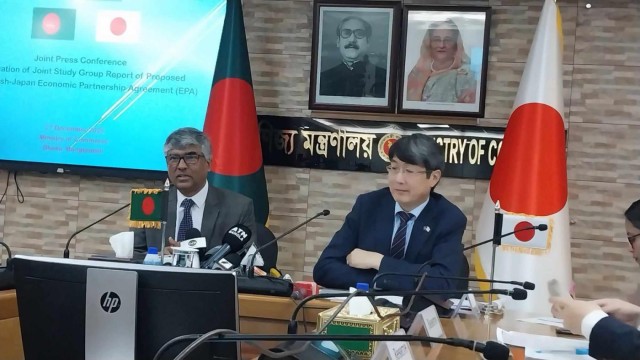
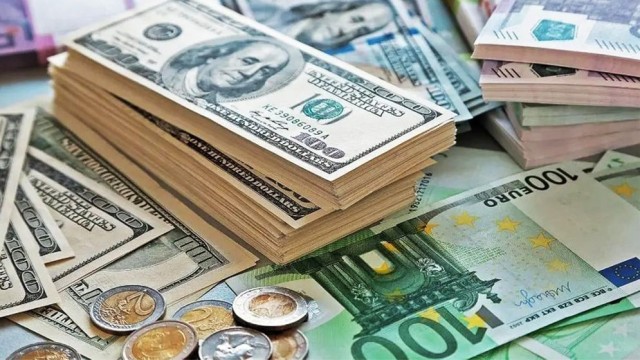
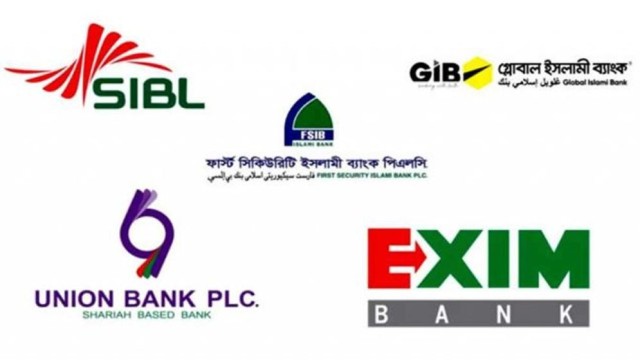

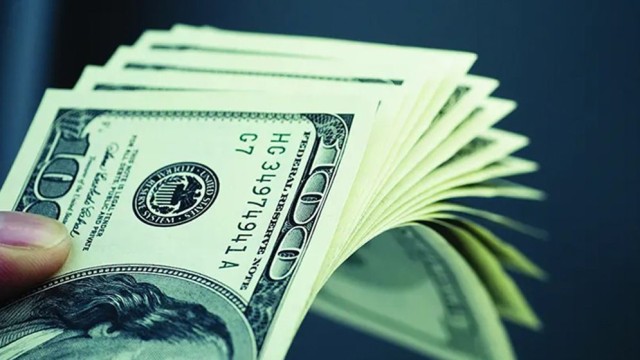

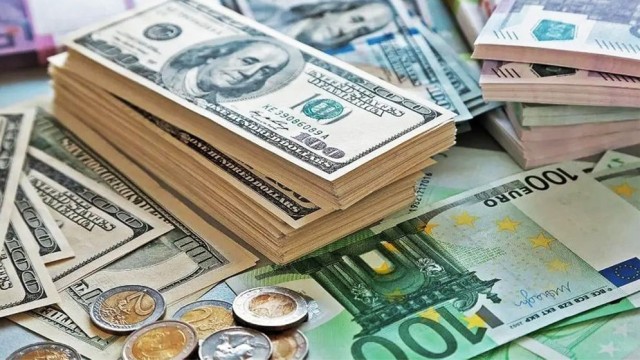

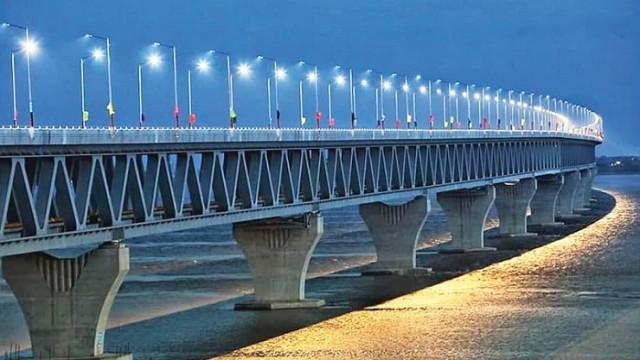

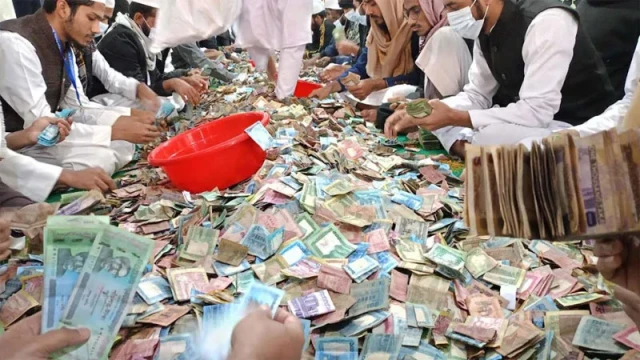
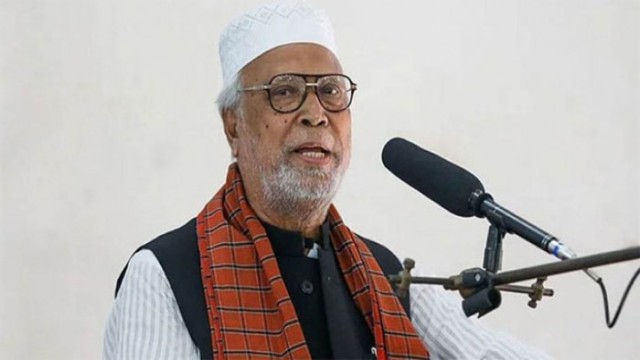


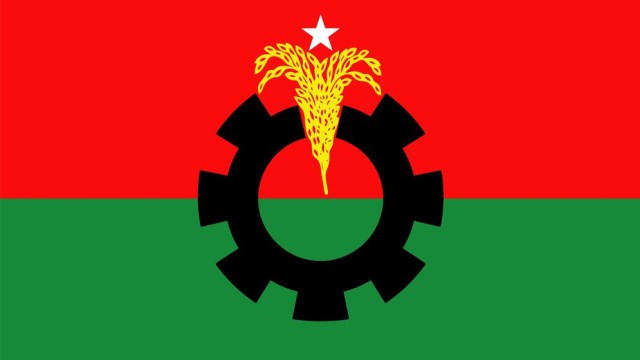




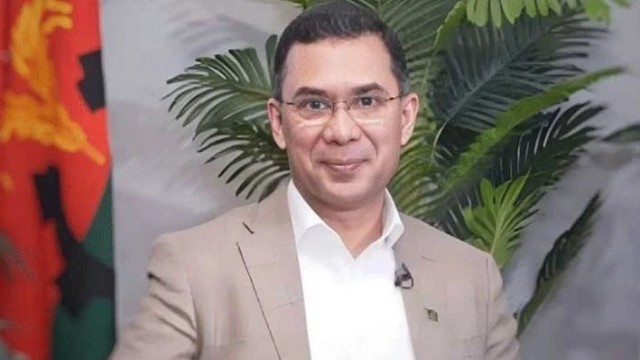


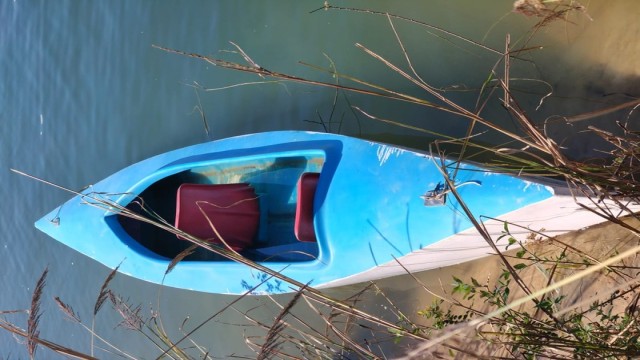





Comment: